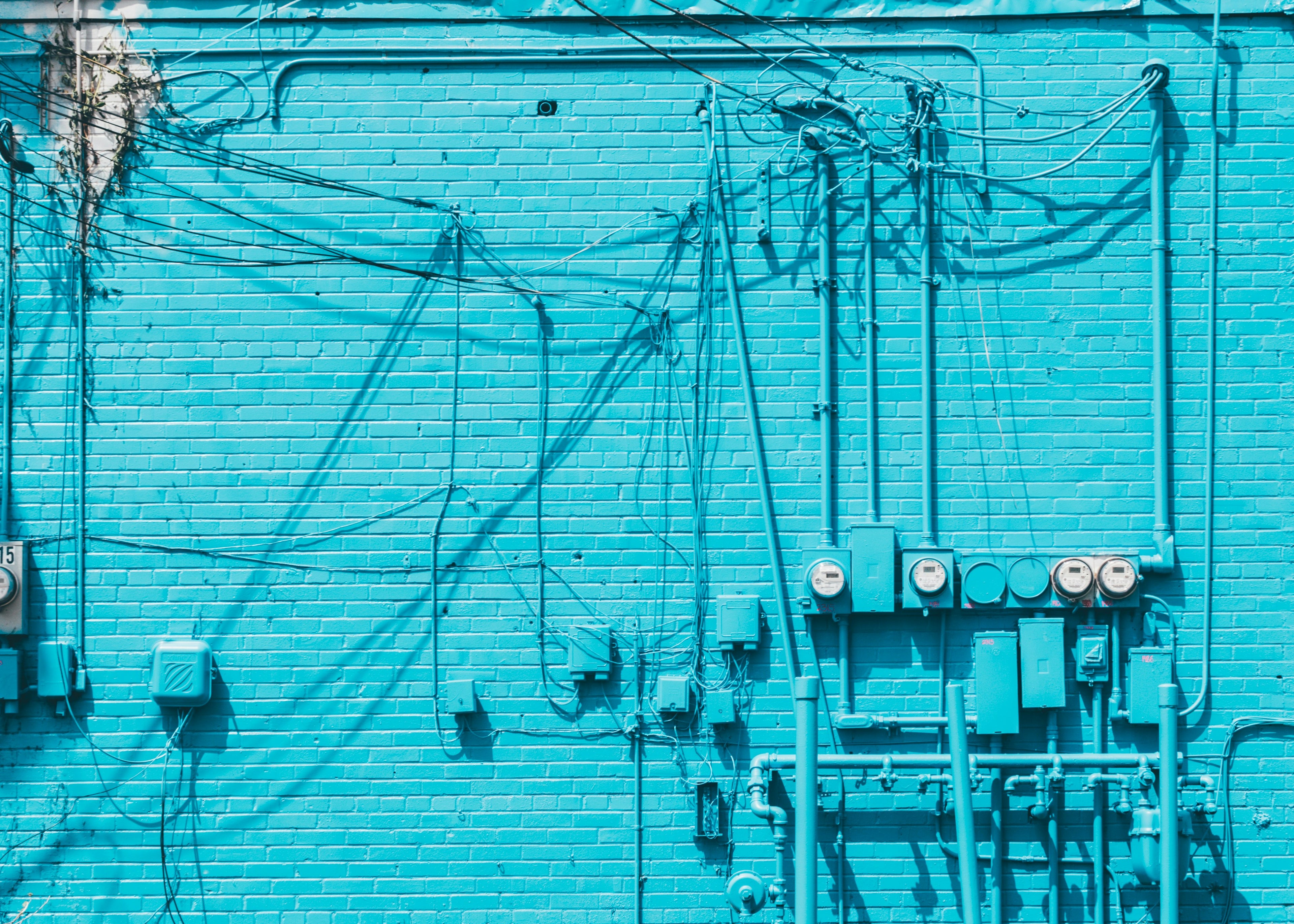
Backflow Testing
What Is it and why do we need it?
-
💧 What is Backflow?
Backflow happens when water flows in the opposite direction from what’s intended, potentially drawing contaminants into the public water supply. It can occur in two ways:
- When downstream pressure exceeds the supply pressure (e.g., from a boiler or pump).
- When there’s a drop in supply pressure, causing water to be siphoned back into the system (e.g., during a main break or firefighting).
- When downstream pressure exceeds the supply pressure (e.g., from a boiler or pump).
-
🔍 What is Backflow Testing?
Backflow testing checks that backflow prevention devices (like Reduced Pressure Zone (RPZ) assemblies or Double Check Valve Assemblies (DCVAs) are functioning properly. These devices are installed in plumbing systems to stop contaminated water from flowing backward into the clean supply.
During testing, a certified technician:
- Connects test gauges to measure pressure at key points.
- Checks that valves close and open correctly and that the system maintains the right pressure differentials.
- Reports and certifies the results.
-
✅ Why Backflow Testing Is Necessary:
- Prevents hazardous substances (pesticides, sewage, chemicals) from contaminating the water supply.
- Many municipalities and water authorities require annual testing for commercial properties and some residential systems.
- Helps property owners comply with local plumbing codes and water safety regulations.
- Keeps the municipal water system safe and usable for everyone.
